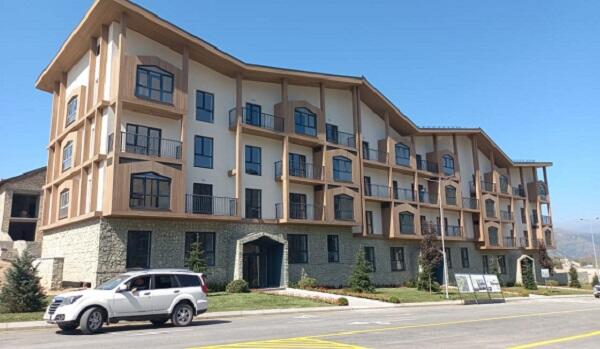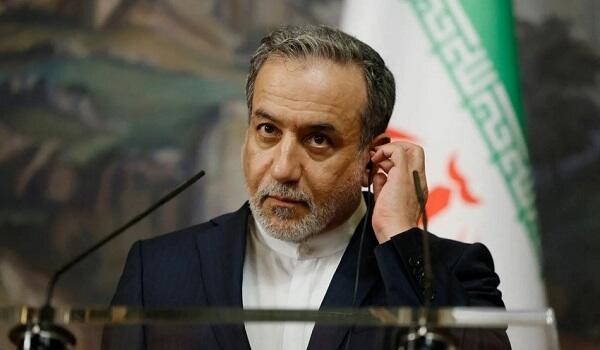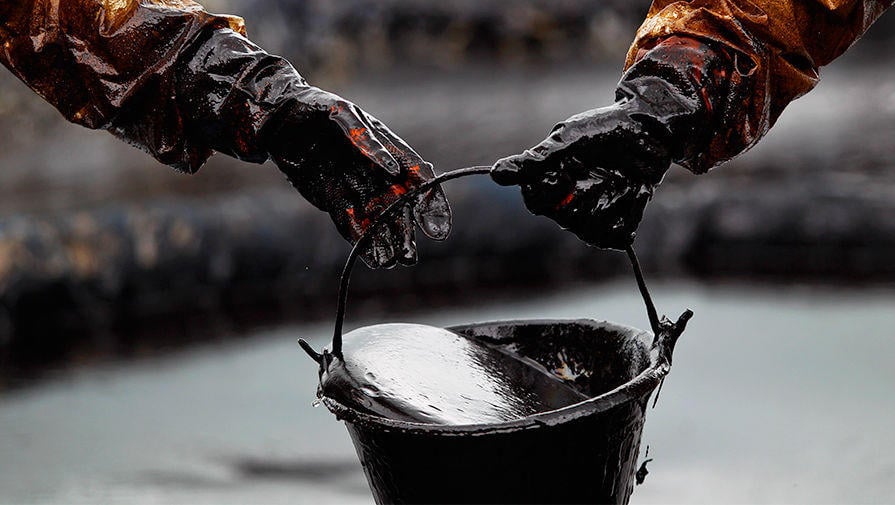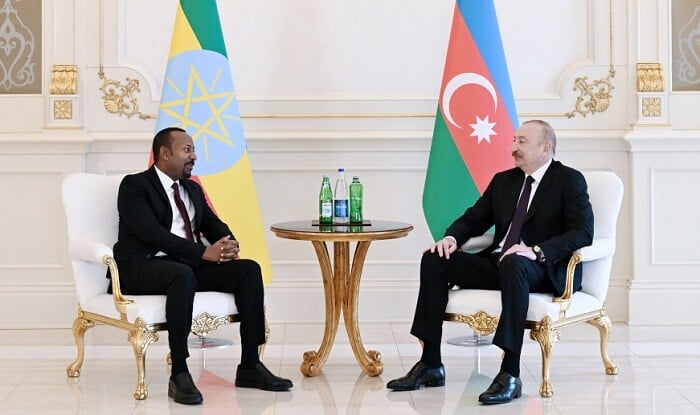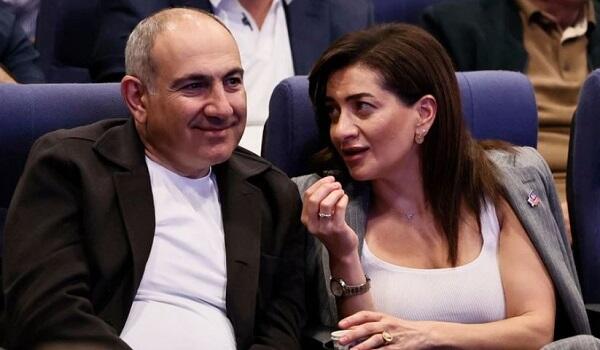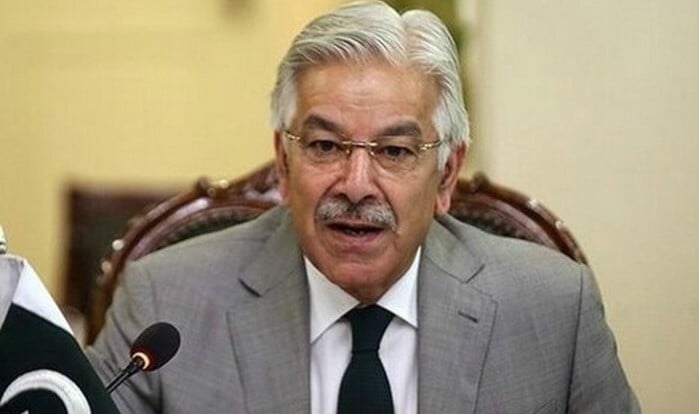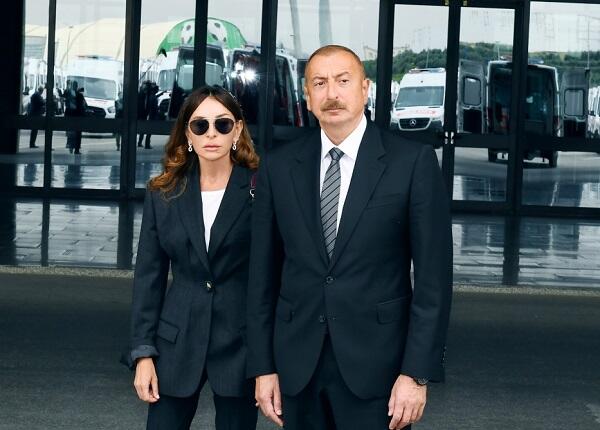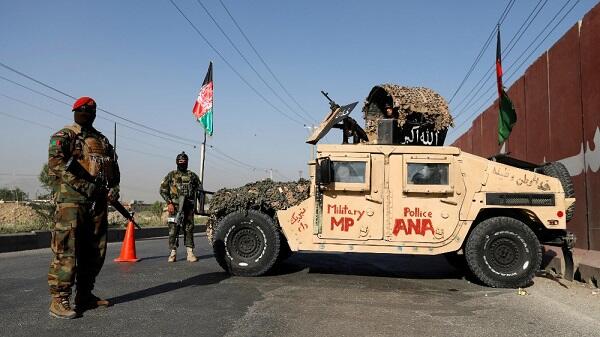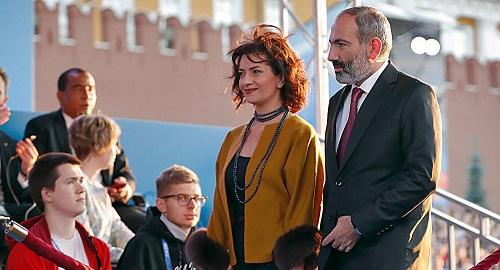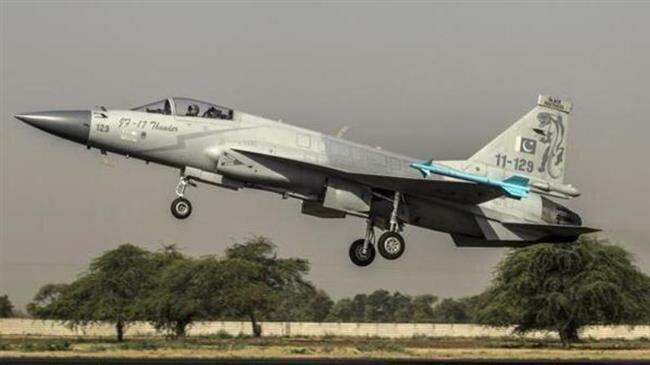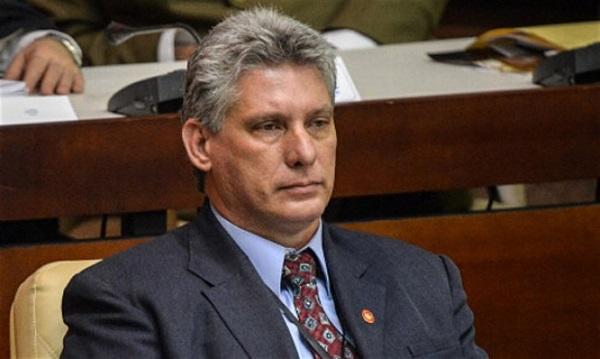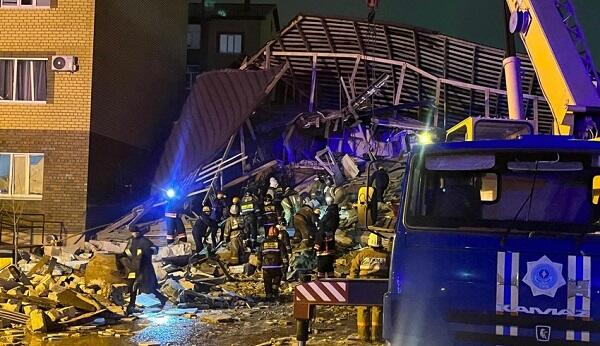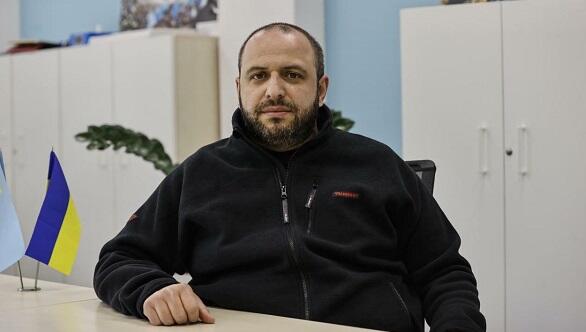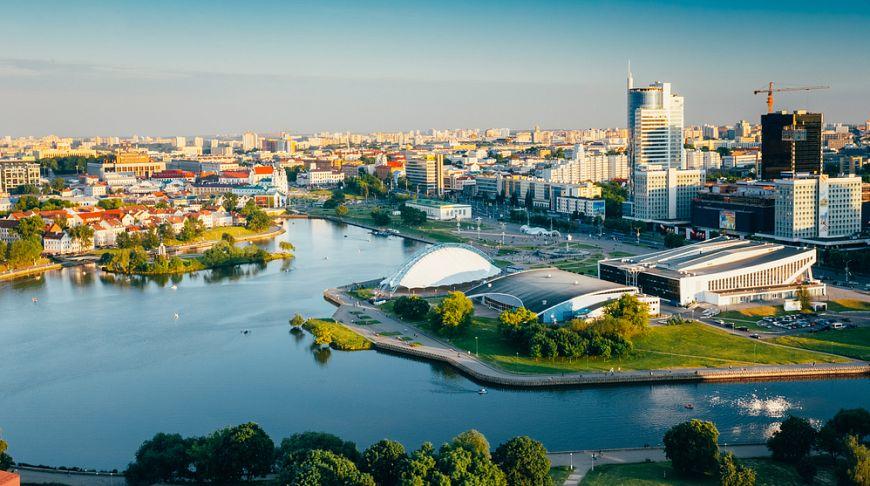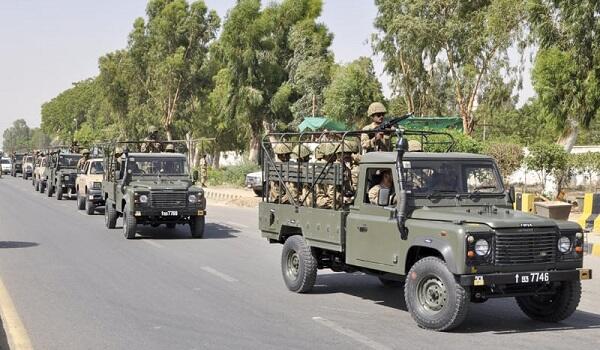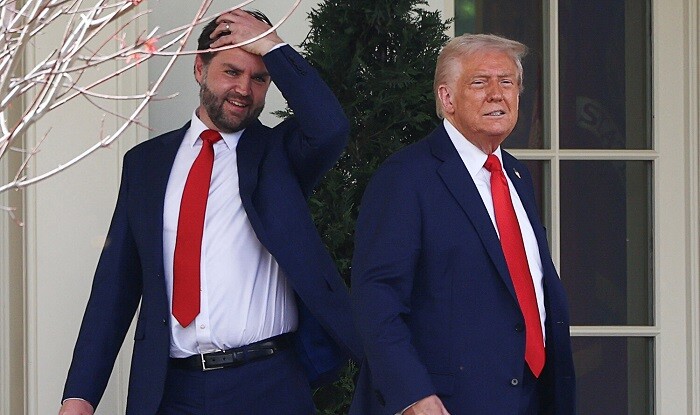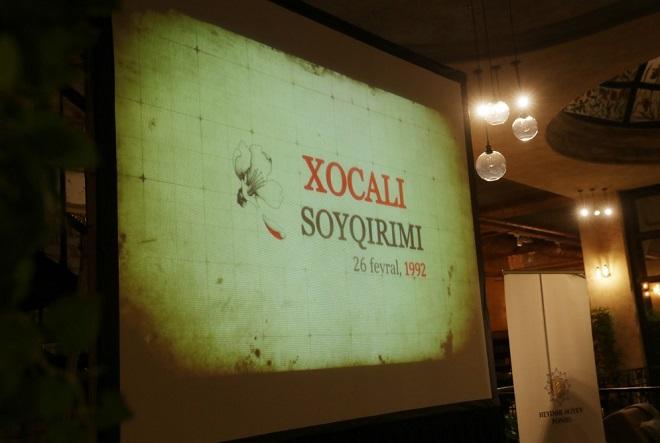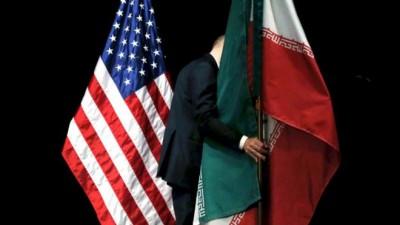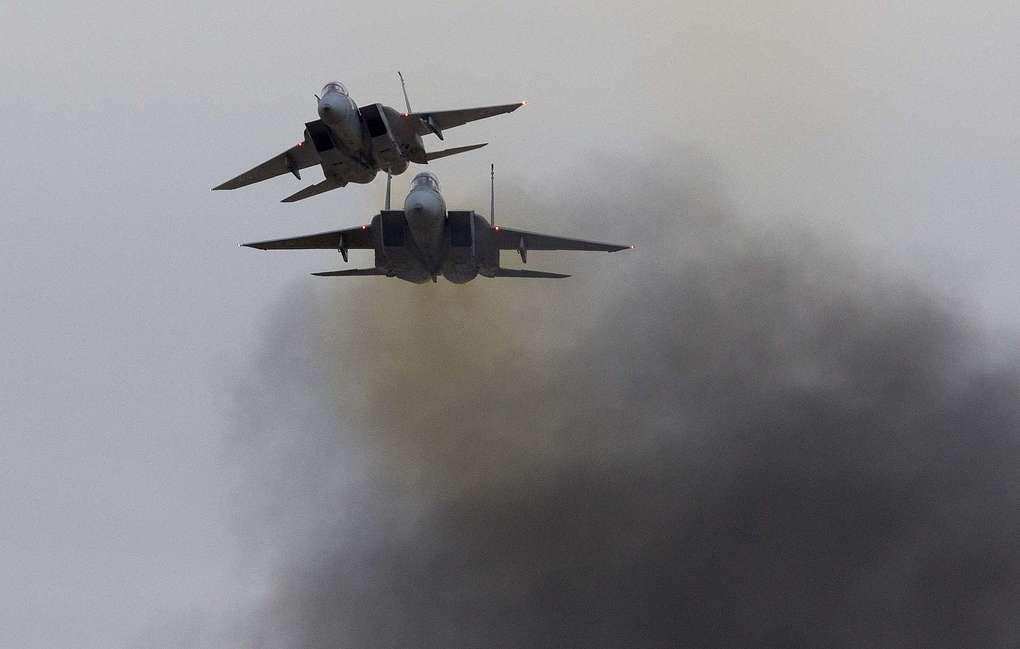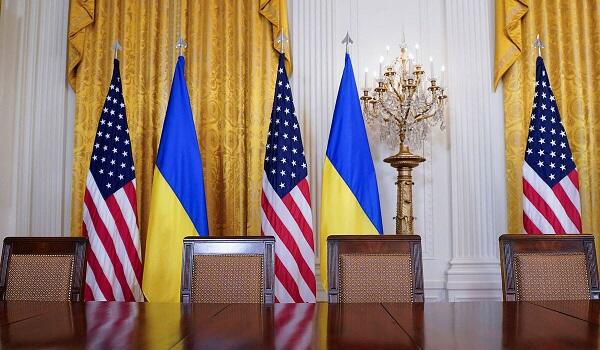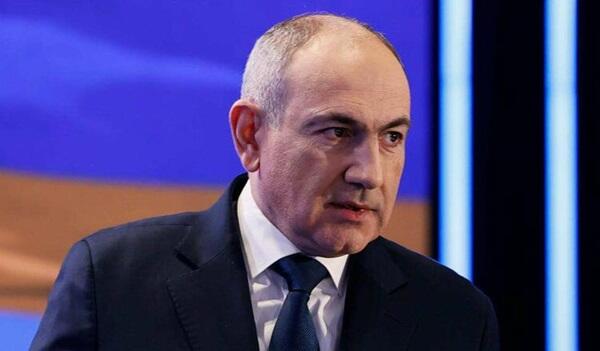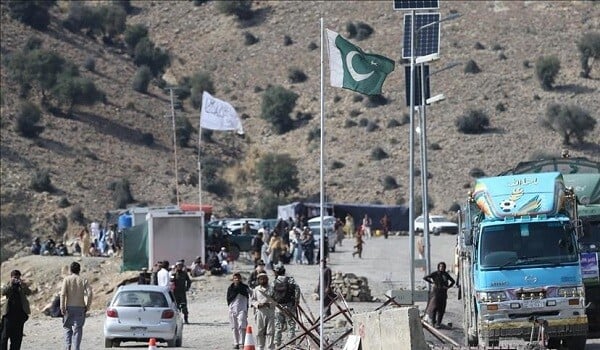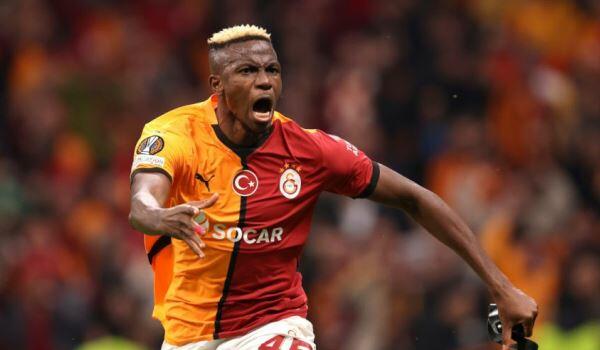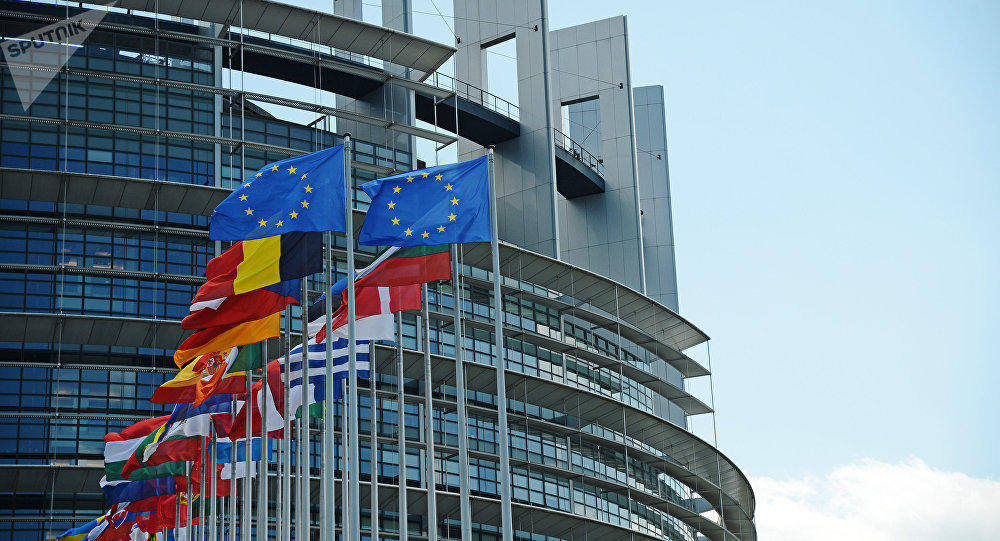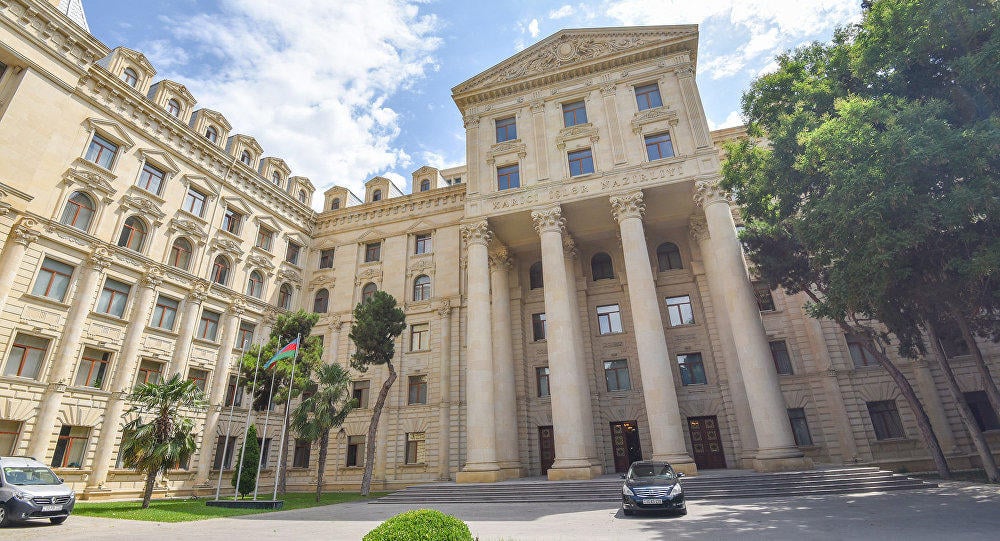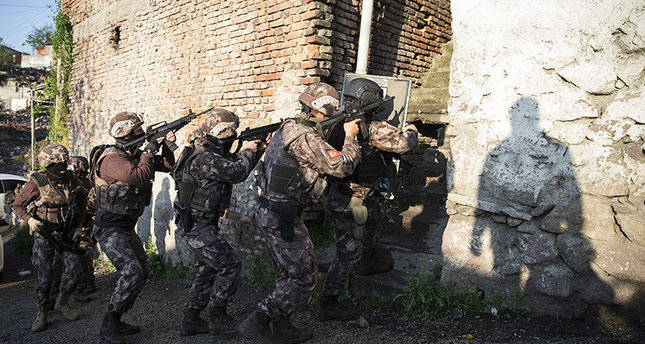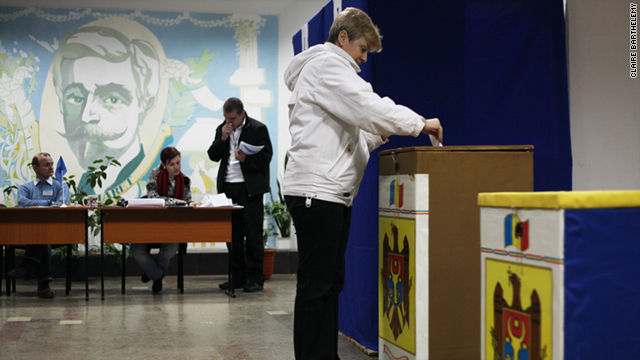The second round of presidential election will be held
in Moldova on Sunday. Its citizens will have to choose between
representatives of the opposition: leader of the Party of
Socialists, Igor Dodon, seeking rapprochement with Russia and
single candidate of the pro-European forces, head of the Action and
Solidarity Party and former Education Minister, Maia
Sandu.
According to a survey conducted in the run-up to the second
round by Moldova’s Association of Sociologists and Demographics,
the election will be won by the leader of the socialists supported
by 49.8% of respondents, while 39.7% voiced support for his
opponent. These data are close to the results of the first round,
in which Dodon secured 47.98% (680,000) of votes, and Sandu got
38.71% (549,000) of votes.
Voting
There is no mandatory voter turn-out during the second round.
The candidate who gets more votes wins the race. If there is an
equal number of votes, Dodon who had the best results in the first
round will be recognized as the winner. About 3.13 million Moldovan
voters will be able to cast their votes at 1,981 polling stations,
including 100 abroad, which will open at 07:00 and close at 21:00
local time (21:00 Moscow Time).
More than 500 international observers, among them
representatives of the Organization for Security and Cooperation in
Europe (OSCE), the European Union (EU), the Commonwealth of
Independent States (CIS) and other organizations, will monitor the
process.
Election amid crisis
"I am certain of victory," Dodon told TASS. "People are tired of
the seven-year rule by the coalition of pro-European parties, which
has been marked by a drop in living standards, corruption and
disregard of law. They want changes."
Dodon noted that, if elected, he "will pay his first visit to
Moscow to initiate the development and signing of a strategic
partnership agreement with Russia, which envisages economic, social
and political cooperation, a common approach towards resolving the
Transnistrian conflict and guarantees for Moldovan labor migrants
in Russia."
Authorities support right-wing candidates
Sandu promised to continue the policy of integration into the
EU, which, in her view, was discredited by the current leadership.
She also promised to "bolster ties with Romania, Ukraine and
strategic partnership with the US." On the other hand, Sandu noted
that Moldova should have "normal and conflict-free relations with
Russia."
Sandu has been supported by leader of the Dignity and Truth
Platform Party, Andrei Nastase, who was one of the initiators of
anti-government protests last year, former Prime Minister and
leader of the European People’s Party, Iurie Leanca, and leader of
the ruling Democratic Party of Moldova, Marian Lupu, who withdrew
from the presidential race a few days before the election "to make
it easier for the candidate from pro-European forces to emerge
victorious."
Presidential elections as rehearsal for parliamentary ones
The protracted political and economic crisis in Moldova is
unlikely to be resolved when the new president is elected, as
president’s power in that country is limited. The president
represents the country in the international arena, he is the
guarantor of its sovereignty and independence and the supreme
commander of its armed forces. The president nominates the prime
minister, appoints judges and endorses laws passed by lawmakers.
However, the head of state exercises most of his powers in
coordination with other branches of the government.
However, the presidential election could be the first step
towards stabilizing the situation in Moldova. The next
parliamentary elections, which are likely to be snap elections, as
suggested by both Dodon and Sandu, are due to be held in 2018.
